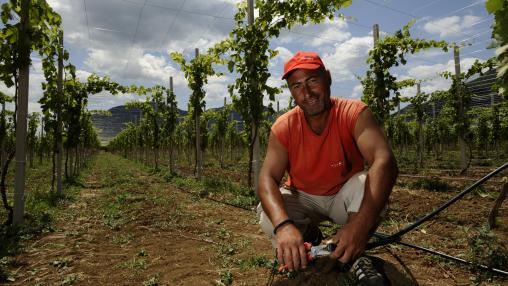
Increasing Productivity
With a growing global population putting increasing stress on agricultural productivity, there is a clear need for new policies and tools to meet this rising food demand. Promoting improvements in policies, institutions, and markets to generate agricultural growth will be crucial to stimulate productivity and improve the welfare of poor and disadvantaged populations worldwide.
IFPRI is at the forefront of efforts to increase agricultural productivity through research and capacity-building.

Climate Change
Climate change poses both challenges and opportunities for sustainable agricultural growth, particularly in the developing world. As was witnessed during the 2010 droughts in Russia and floods in Pakistan, major climatic events can have significant negative impacts on agricultural markets, forcing global food prices higher and threatening the world’s food security.
As climate change continues to present new constraints to traditional agriculture, appropriate responses will require complementary policies at the farm-, country-, and global levels.

Export Policies
Agricultural trade plays an important role in the establishment of a fair, well-functioning global economy. At the same time, agricultural trade can also have a detrimental effect on global price stability and food security if policies are enacted that protect one region at the expense of another. Protectionist policies such as export bans or restrictions can actually increase global price volatility and lead to further food insecurity, particularly for developing nations.

Commodities Prices
2011 has seen continuing fluctuations in the international price of agricultural commodities such as wheat, maize, soybeans, and corn. These staples often make up the bulk of the diet of the world’s poor; thus, any drastic change in the price of these commodities can have serious impacts on the economic stability and food security of the developing world. The fear and uncertainty surrounding changing commodities prices panic policy responses that only exacerbate food insecurity.
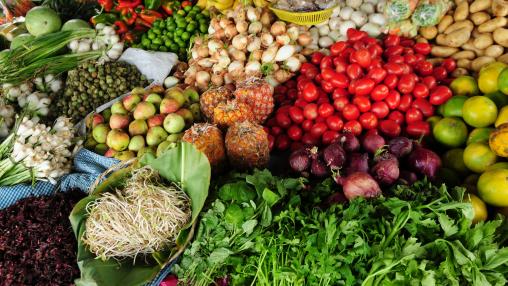
Welfare Effects of Higher Prices
Increasing food prices present both challenges and opportunities for the developing world. Just as the transmission of global prices to domestic prices can differ by country and commodity, the effects of changes in food prices within a country can differ from household to household. The welfare of urban and rural households may be affected differently, as will the welfare of net consumers compared to that of net producers.
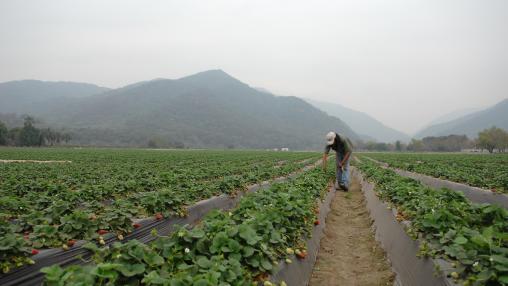
2010 IFPRI research on markets and agricultural growth
Sustainable agricultural growth and fair, stable global markets are key to maintaining global food security and reducing hunger and poverty, as well as to fulfilling the G20 commitment to worldwide economic growth and development. How to encourage growth and maintain stable markets, however, is a complex and widely debated issue. Reliable, objective research is needed to address the concerns of both the developed and the developing world and to ensure that domestic needs are not protected at the cost of global stability.
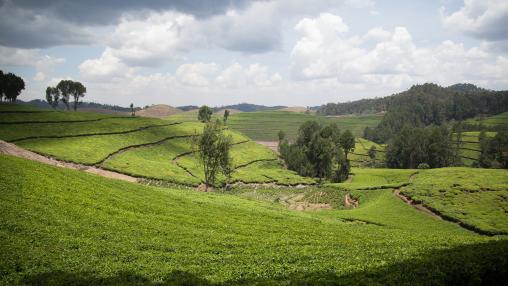
2010 IFPRI research on food security
As food prices rose in 2010, the issue of food security was once again brought to the forefront of global attention. Wildfires in Russia, floods in Pakistan and Australia, and drought in China contributed to widespread concern about the cost and sustainability of the world’s food supply. With high and volatile food prices causing potential long-term problems for economic growth and poverty reduction, particularly in the developing world, the need for research-based policy responses is clear.

2010 IFPRI research on climate change
Worldwide climatic events in 2010 made it clear that food security can be greatly impacted by unexpected changes in climate. Wildfires in Russia, floods in Pakistan and Australia, and drought in China led to increases in the price of staple agricultural commodities and caused widespread fear about the recurrence of a world food crisis. As the world's population continues to grow, a changing climate will present more and more challenges to sustainable agricultural growth and food security.
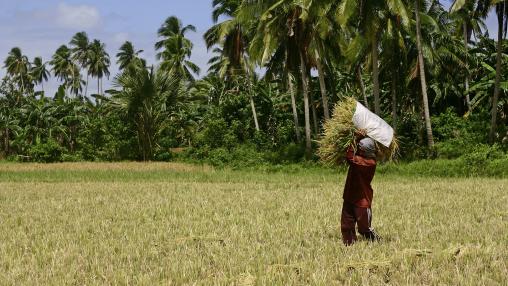
Emergency Reserves
Emergency food reserves, or strategic reserves, have received considerable attention since the 2007-08 food crisis. Since that time, many countries have either established new strategic reserve programs or scaled up their existing programs by increasing stock levels. The rationale behind these policies is that, with increasing international food price volatility, governments must be prepared to protect their most vulnerable populations from food price shocks, declining purchasing power, and famine.
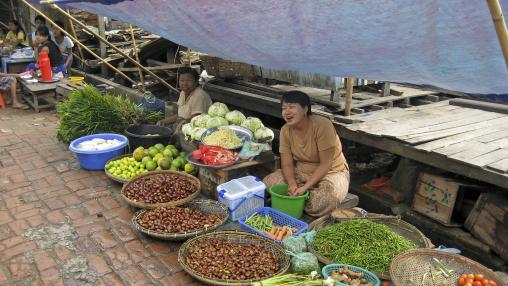
Price Volatility
Price volatility is one of the most critical economic and food security challenges facing global policymakers today. Moreover, spikes in food prices can have significant impact on incomes, markets, and nutrition worldwide.